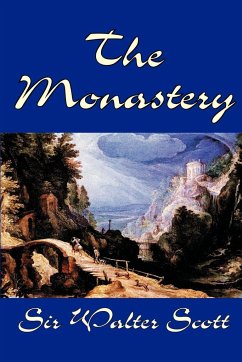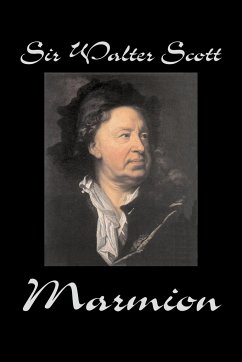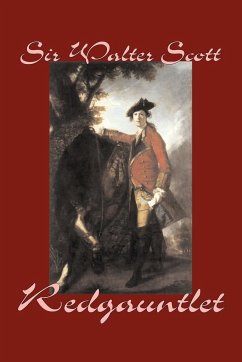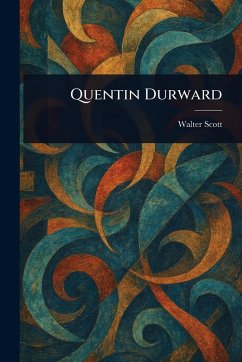
Quentin Durward by Sir Walter Scott, Fiction, Historical, Literary

PAYBACK Punkte
13 °P sammeln!
The plot centers on the medieval rivalry between Louis XI of France and Charles the Bold, Duke of Burgundy. Louis incites the citizens of Liège to revolt against Charles, and they seize and murder Charles's brother-in-law, Louis de Bourbon, Bishop of Liège, under the command of Louis's ally, William de la Marck, who was hoping to install his son in Louis de Bourbon's place (a real historical event which occurred in 1482). "The latter part of the fifteenth century prepared a train of future events that ended by raising France to that state of formidable power which has ever since been from ti...
The plot centers on the medieval rivalry between Louis XI of France and Charles the Bold, Duke of Burgundy. Louis incites the citizens of Liège to revolt against Charles, and they seize and murder Charles's brother-in-law, Louis de Bourbon, Bishop of Liège, under the command of Louis's ally, William de la Marck, who was hoping to install his son in Louis de Bourbon's place (a real historical event which occurred in 1482). "The latter part of the fifteenth century prepared a train of future events that ended by raising France to that state of formidable power which has ever since been from time to time the principal object of jealousy to the other European nations. Before that period she had to struggle for her very existence with the English already possessed of her fairest provinces while the utmost exertions of her King, and the gallantry of her people, could scarcely protect the remainder from a foreign yoke. Nor was this her sole danger. The princes who possessed the grand fiefs of the crown, and, in particular, the Dukes of Burgundy and Bretagne, had come to wear their feudal bonds so lightly that they had no scruple in lifting the standard against their liege and sovereign lord, the King of France, on the slightest pretence. When at peace, they reigned as absolute princes in their own provinces; and the House of Burgundy, possessed of the district so called, together with the fairest and richest part of Flanders, was itself so wealthy, and so powerful, as to yield nothing to the crown, either in splendor or in strength. "In imitation of the grand feudatories, each inferior vassal of the crown assumed as much independence as his distance from the sovereign power, the extent of his fief, or the strength of his chateau enabled him to maintain; and these petty tyrants, no longer amenable to the exercise of the law, perpetrated with impunity the wildest excesses of fantastic oppression and cruelty. . . ." -- Sir Walter Scott












